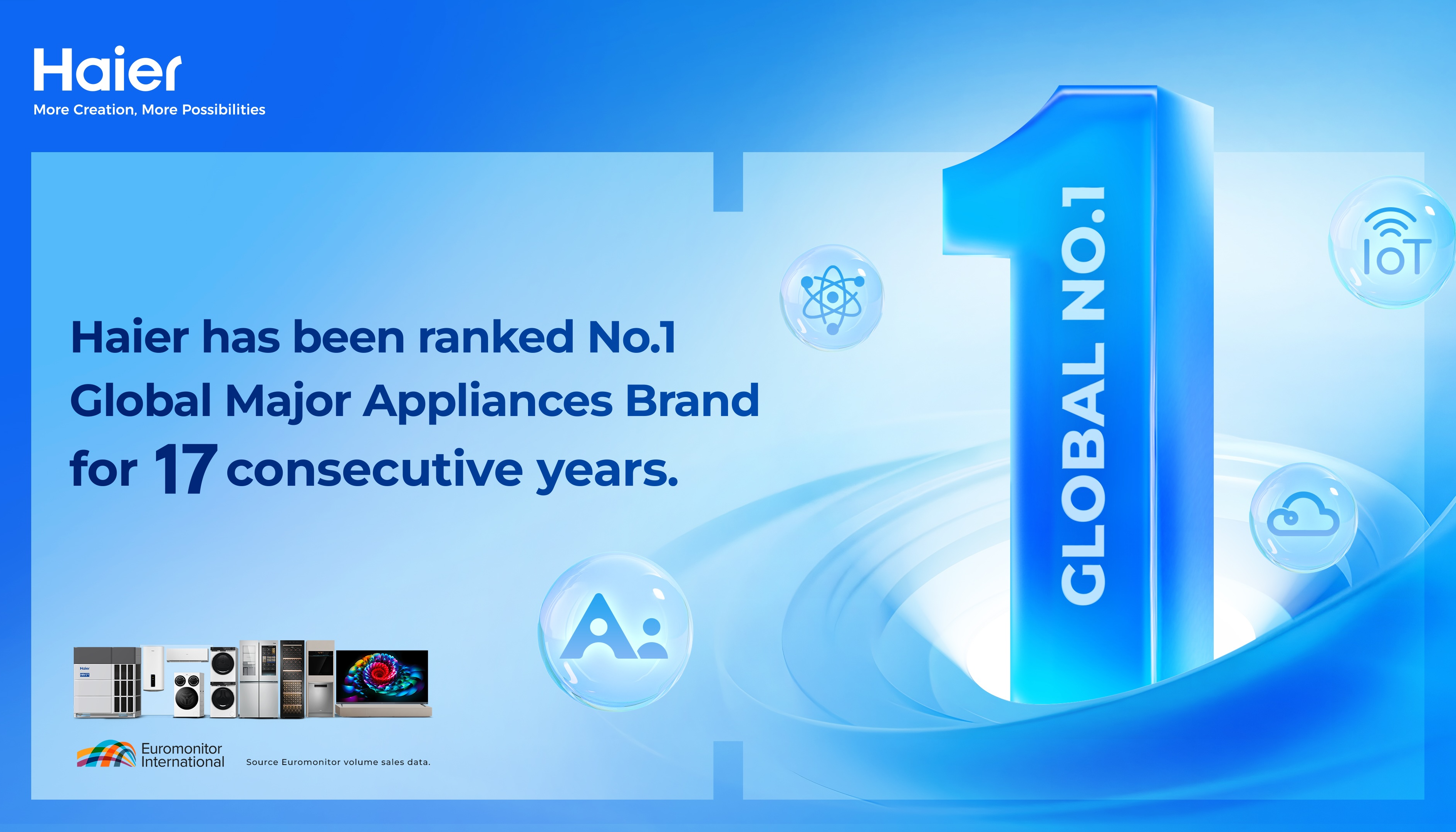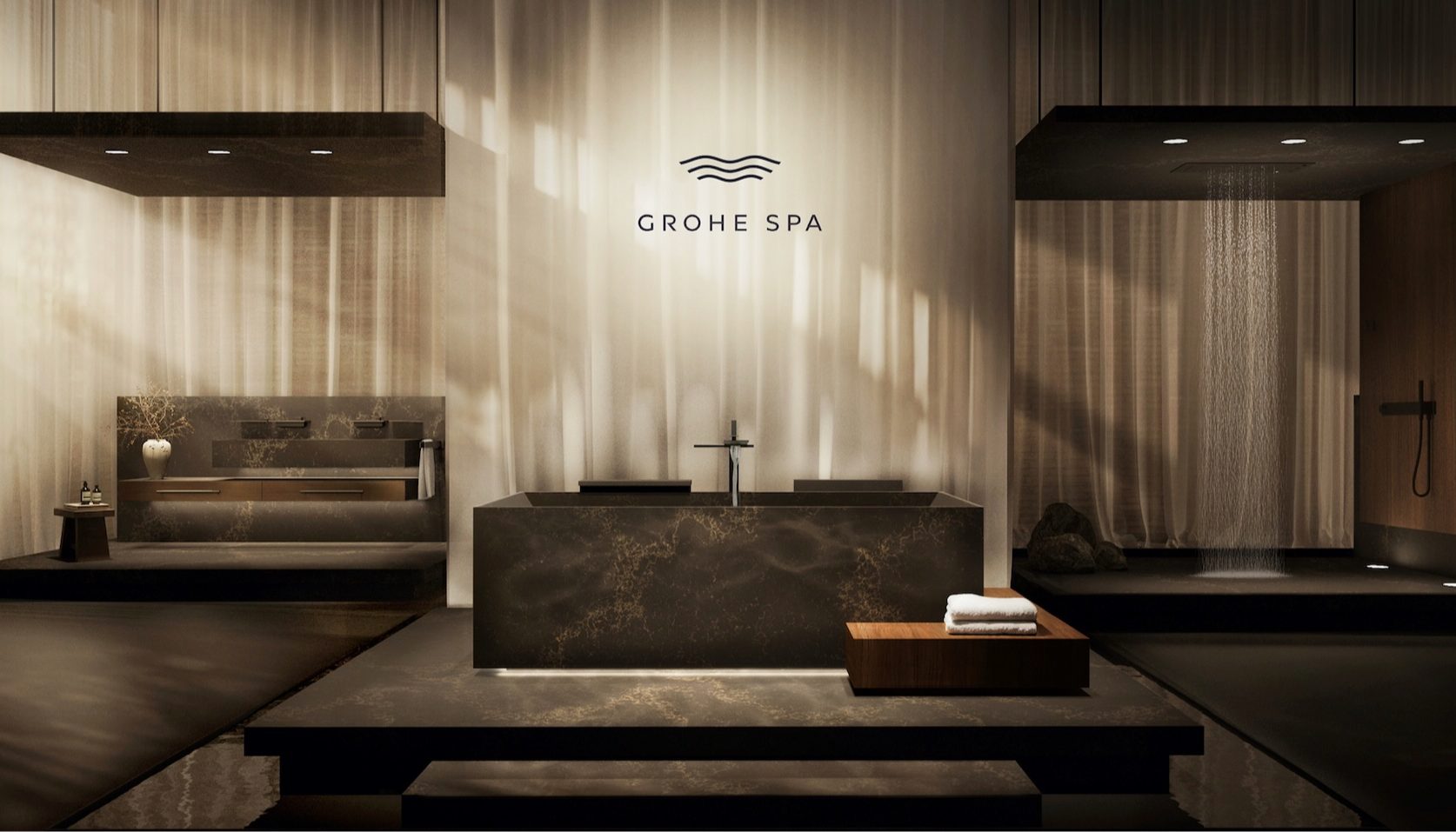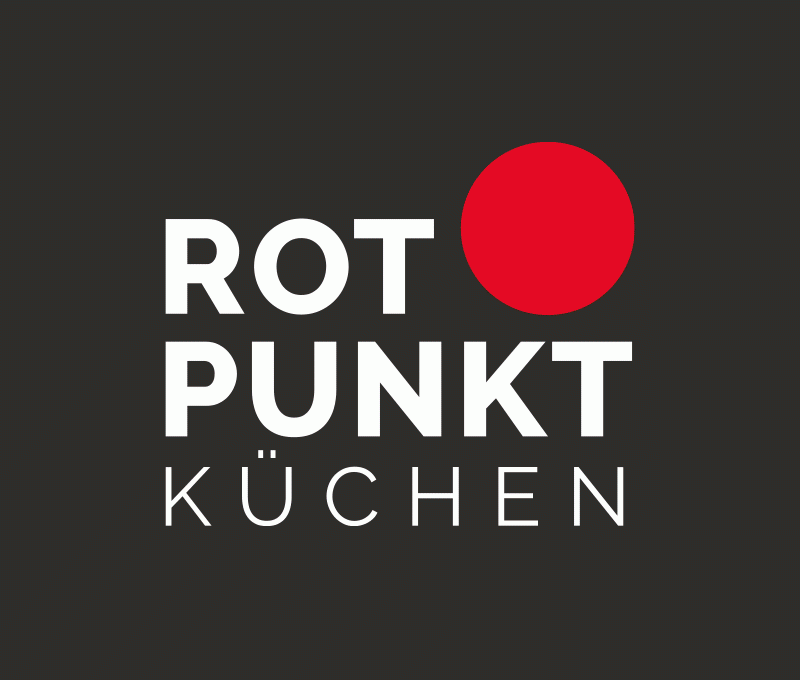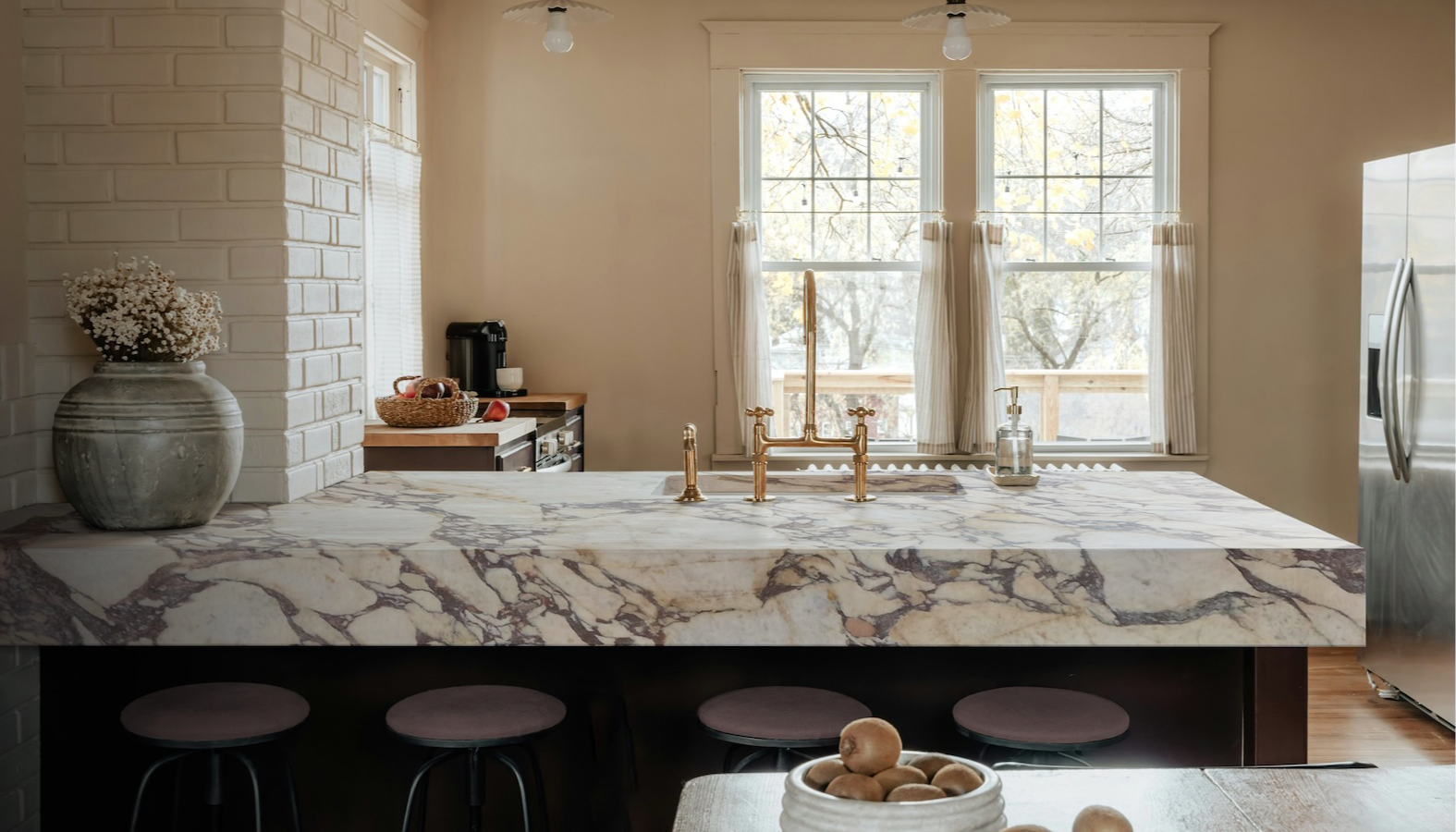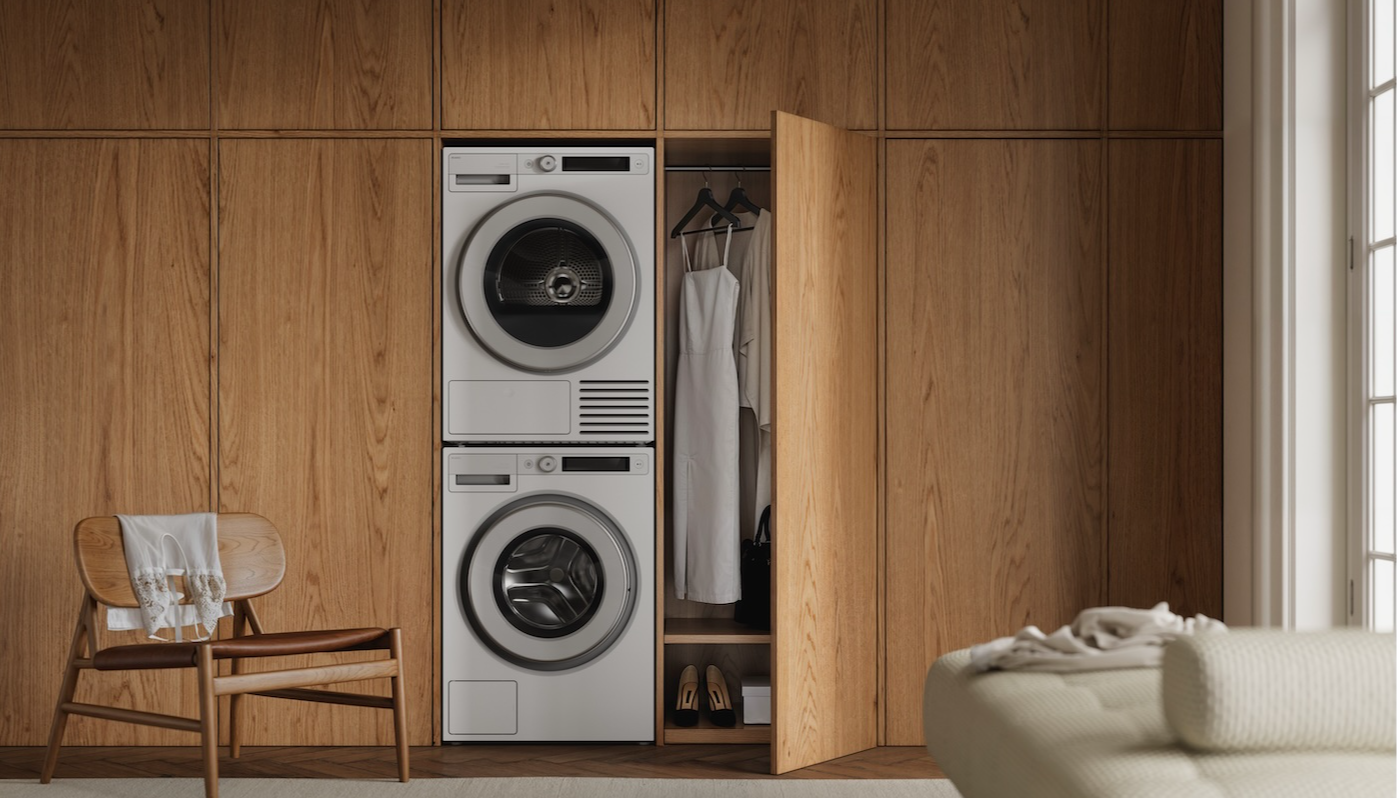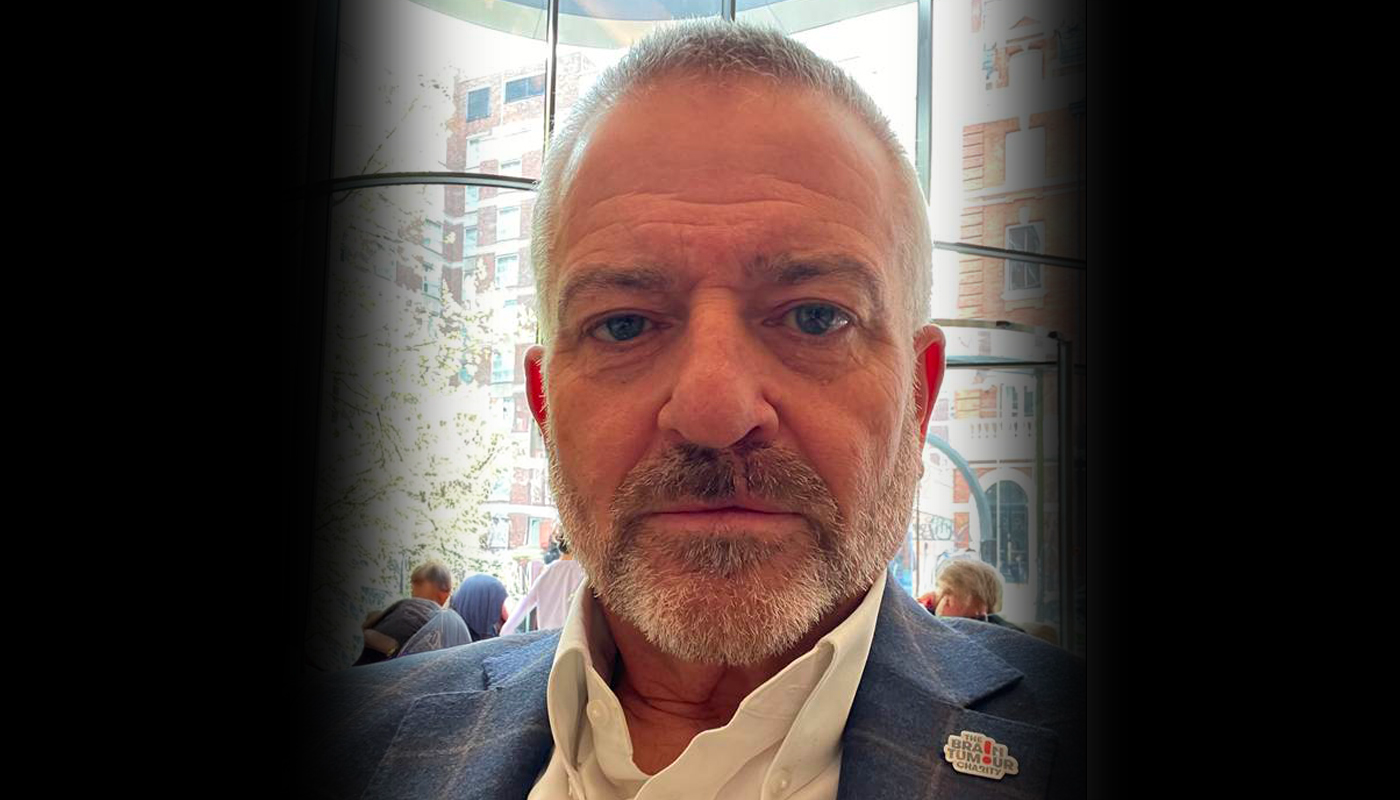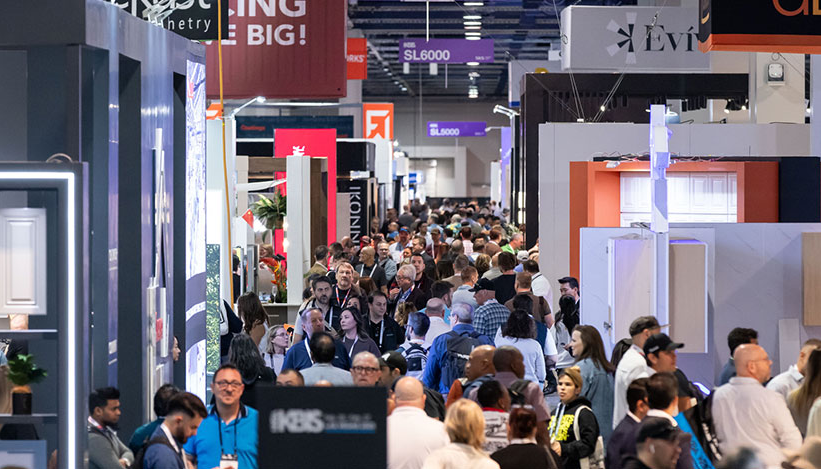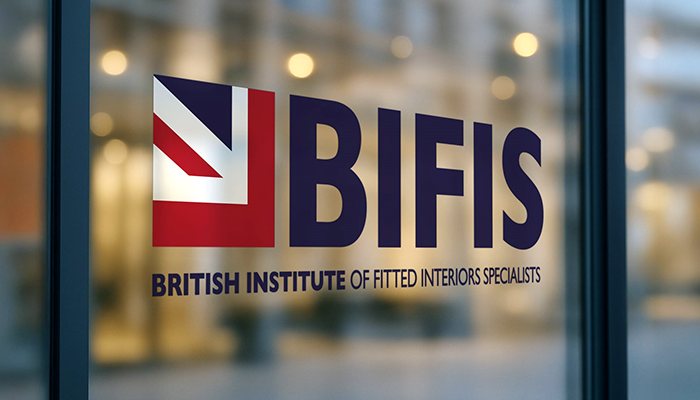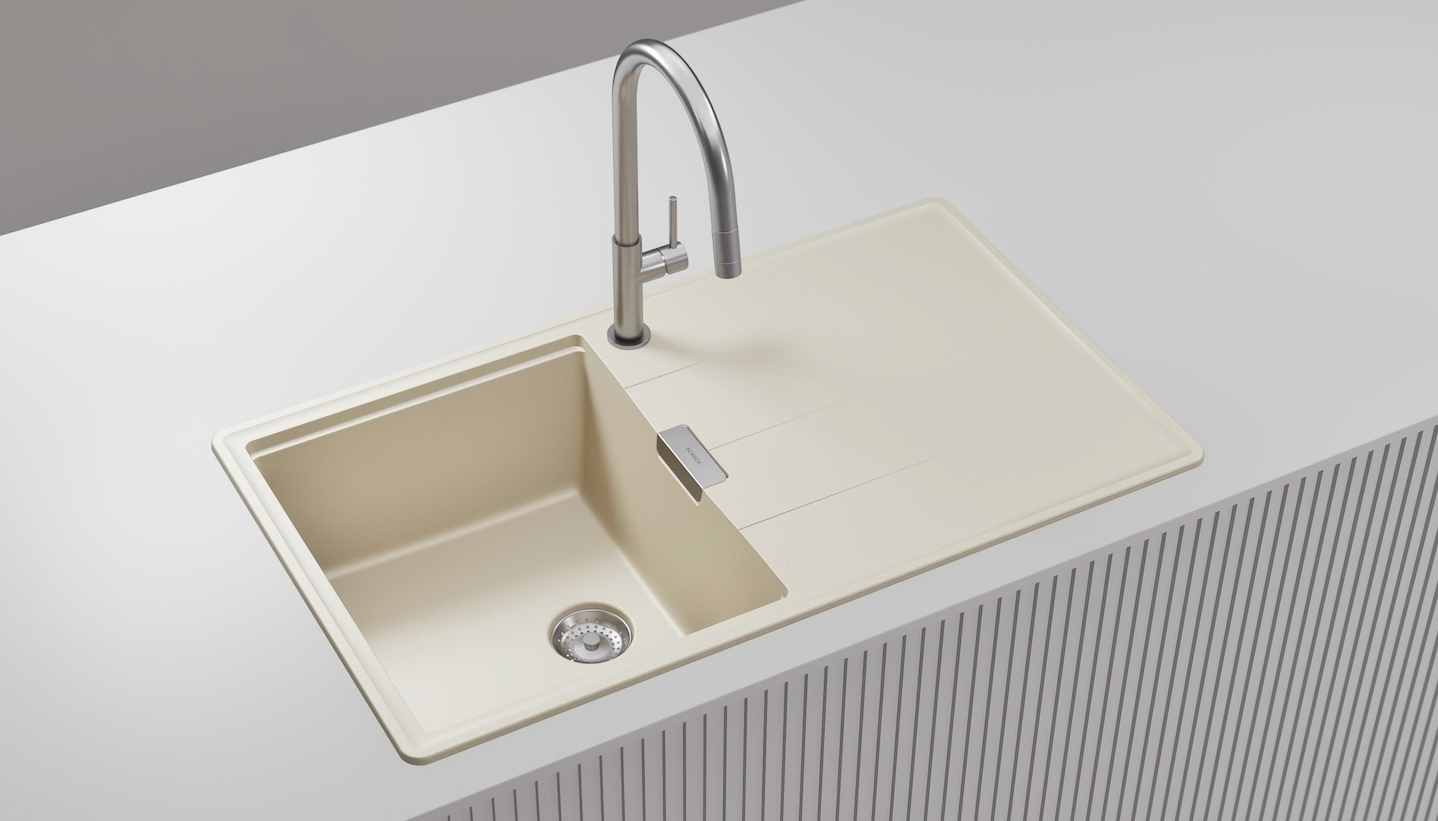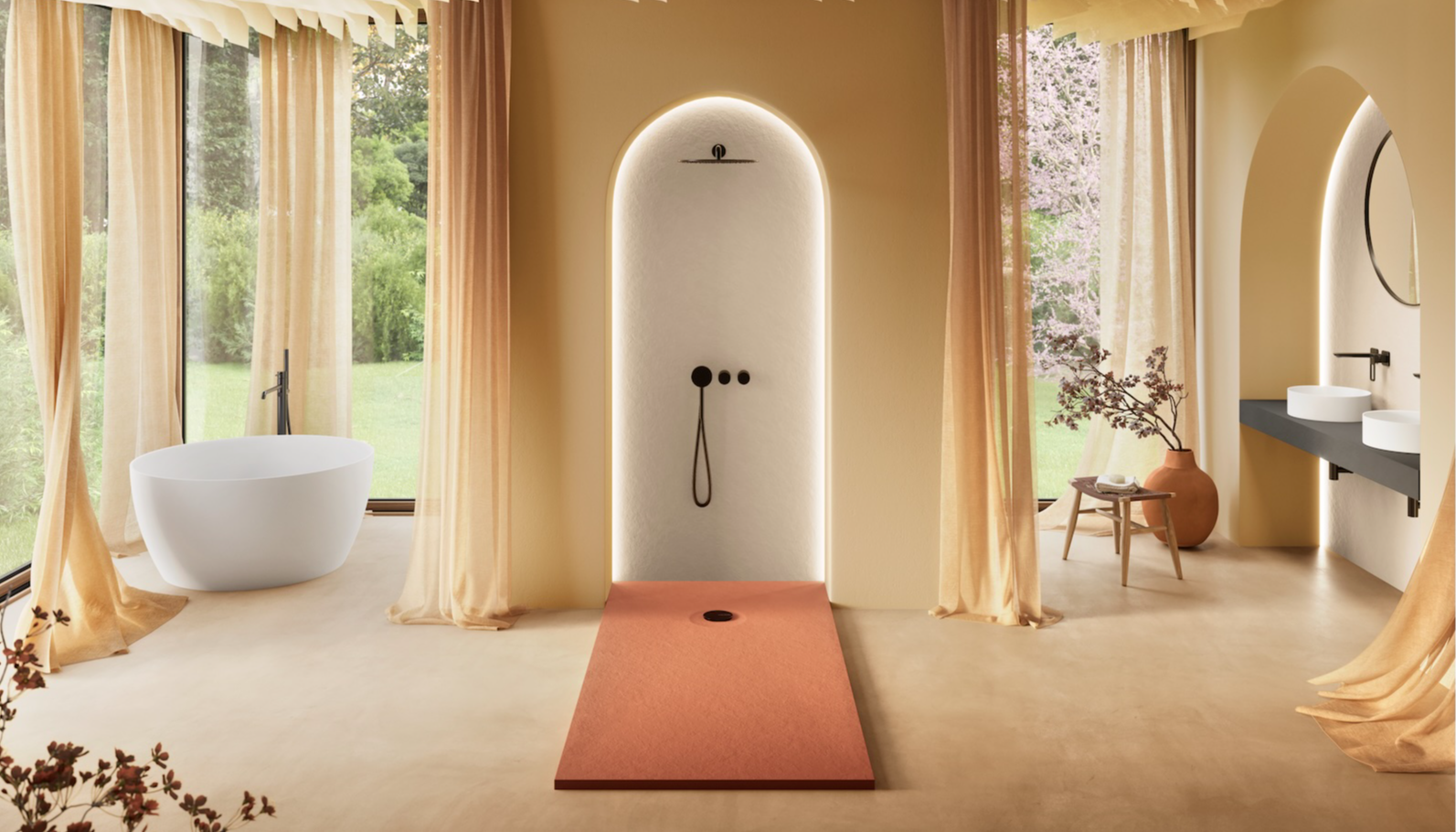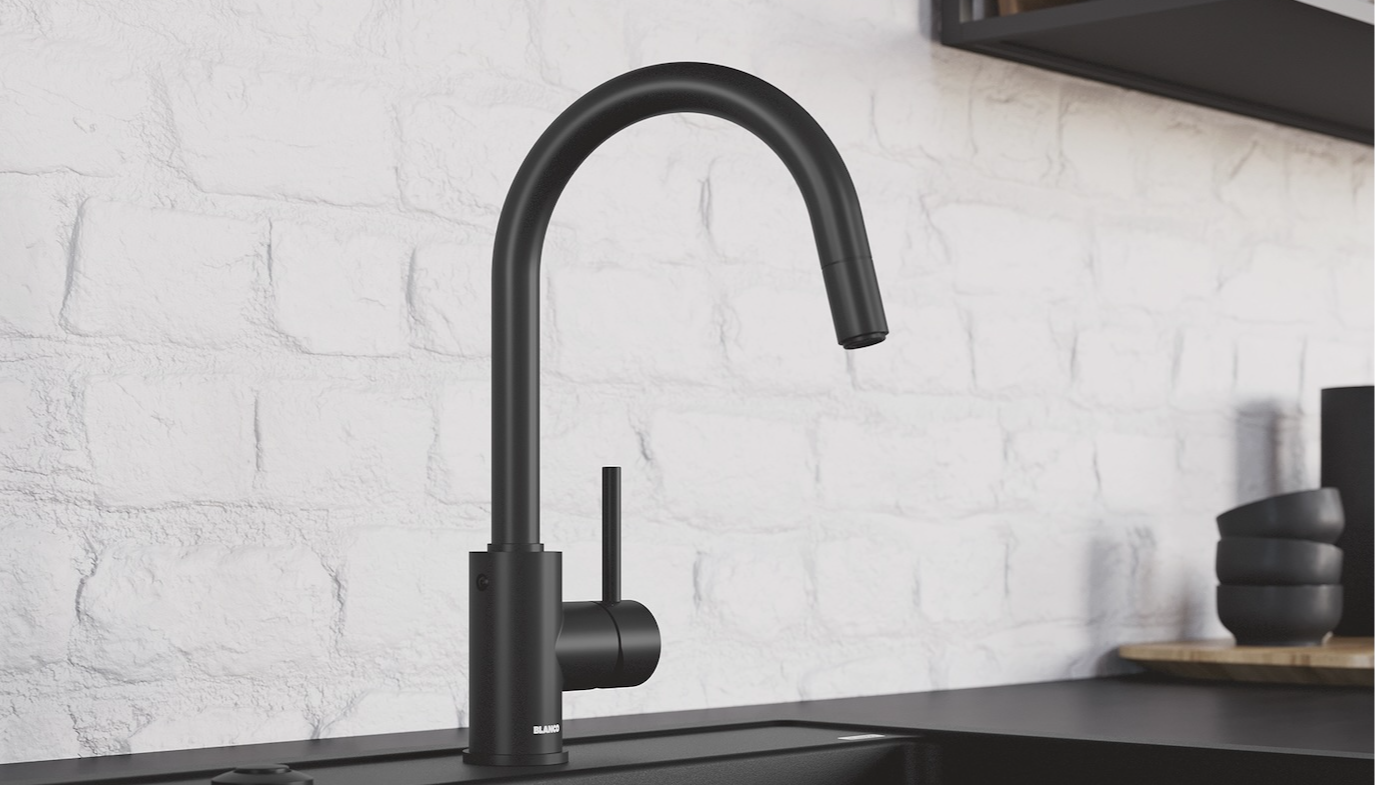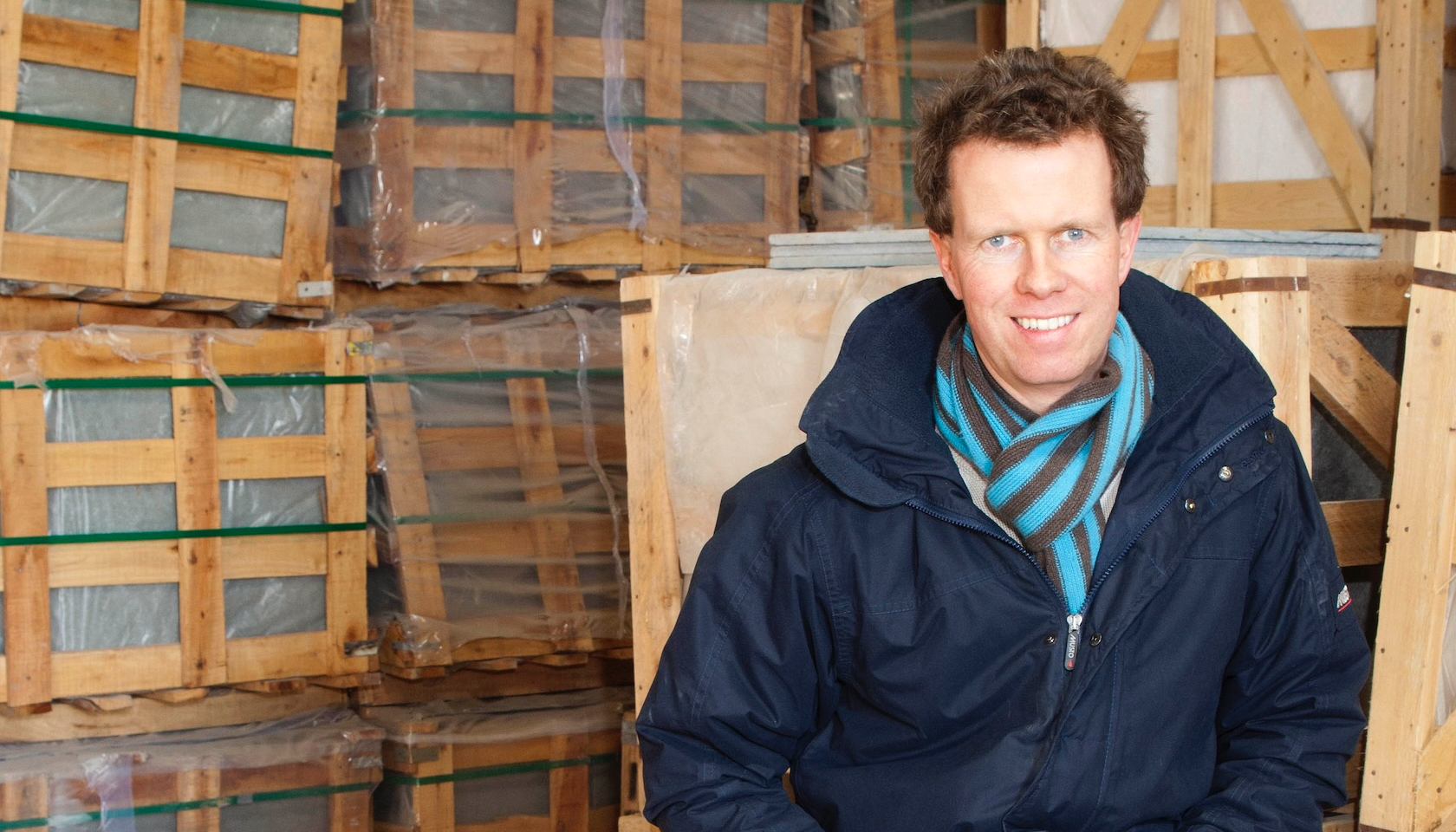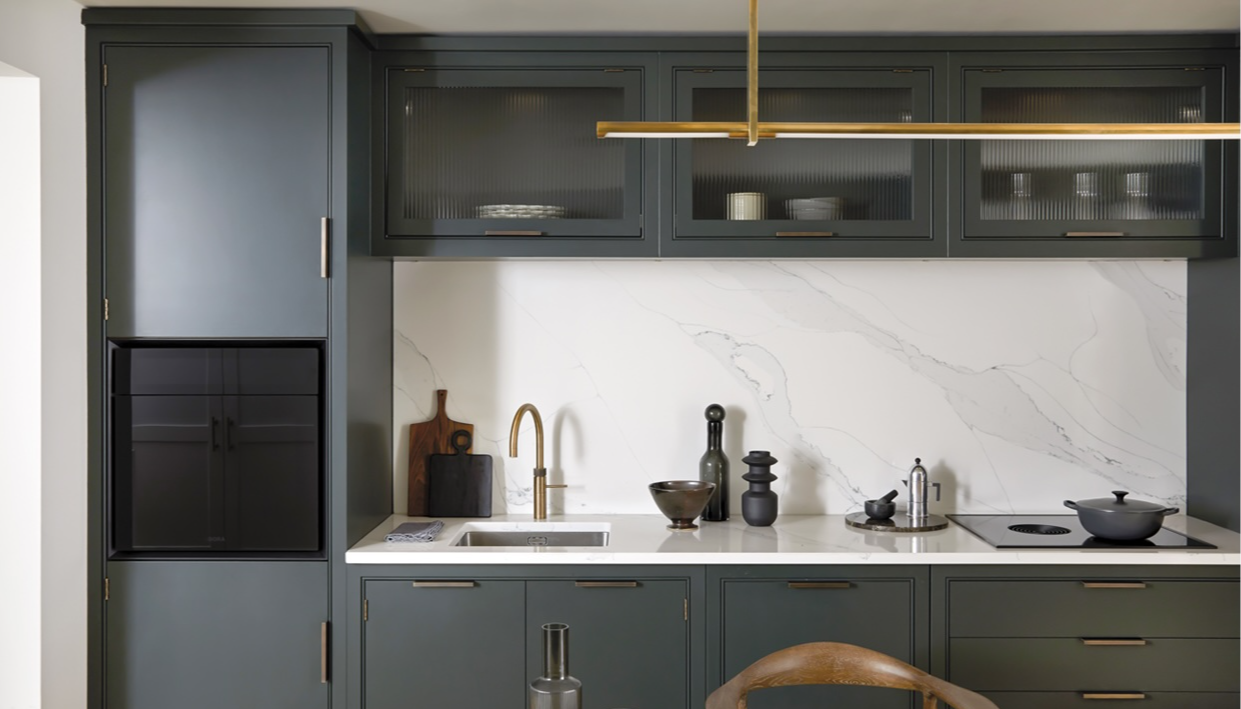Cyncly's Alex Ainge on personalisation and the sales process

Cyncly's Alex Ainge on personalisation and the sales process
Alex Ainge, senior director & head of KBF retail sales at Cyncly, explains how the global software solutions brand can help retailers appeal to customers who want unique designs.
Personalisation has become something of a buzzword in the KBB sector. It’s a trend that has undoubtedly been influenced by the rise in social media platforms, which have changed the way consumers buy kitchens and bathrooms.
To cater for today’s more educated consumers, manufacturers are extending their product portfolios to offer more choice than ever before. Standard ranges can now be customised and come in a huge array of finishes so the choices really are endless. It means that even customers without the budget for a bespoke, tailor-made kitchen can create customised designs that suit their individual style and requirements.
But how does the trend for personalisation, which is undoubtedly here to stay, affect the sales process? While it can enhance the customer experience and boost business, without the right tools, it can certainly make life more complicated for retailers.
Providing personalised designs requires a greater level of engagement with clients. Taking the time to really understand their preferences, requirements, interests and lifestyles is key to helping clients create the kitchen or bathroom of their dreams. It’s a strategy that can enhance the customer experience and help the retailer stand out from its competitors. But it can prove time consuming.
We’ve long known that for consumers, seeing really is believing. It’s why so many showrooms create inspirational roomset displays featuring working models. And it’s why savvy retailers are utilising the latest software and content solutions to provide their customers with a more enriched and personalised design service.
With Cyncly’s cutting-edge Winner Flex kitchen design software, users have been able to create stunning, realistic kitchen layouts for customers for some time. And now, thanks to the integration of SketchUp models from Trimble 3D Warehouse, designers can bring in a plethora of products and objects from the SketchUp library to expand the creative possibilities even further. It also means that designers can add in more unique details for a more personalised experience that allows consumers to really visualise how their new kitchen will look in their home. And that is truly priceless.
Take, for example, a customer that wants their antique table to take centre stage in their new kitchen design. In the past, designers would have had to use a standard table and chairs from the software package, which wouldn’t have looked or felt quite right to the consumer. Now, thanks to the integration of SketchUp, Winner Flex users can quickly see how well their existing furniture will work with different styles of kitchen.
Creating designs that resonate with clients on a deeper level not only allows retailers to offer more personalised solutions but elicits more emotional responses from consumers, which can help to secure sales and speed up the buying process. It ties into the growing science of neuromarketing, which studies brain activity and physiological tracing to gain a better understanding of consumer behaviour. It has found that the nervous system has two main systems: the Primal Brain, which controls attention and emotional responses and oversees the processing of persuasive messages, and the Rational Brain, which is the most evolved element of the brain.
Studies have shown that there are 6 ‘biases’ that elicit instant responses from the Primal brain: Personal, Contrastable, Tangible, Memorable, Visual and Emotional. So, if retailers can create incredible, photorealistic 3D designs that feature personal, tangible, memorable items, they will trigger more emotional responses from consumers. And as the Primal brain is strongly influenced by emotions, which in turn trigger memory, these designs can prove incredibly persuasive and memorable. It’s a powerful concept that makes good financial sense for retailers keen to offer personalised designs and speed up the sales process.
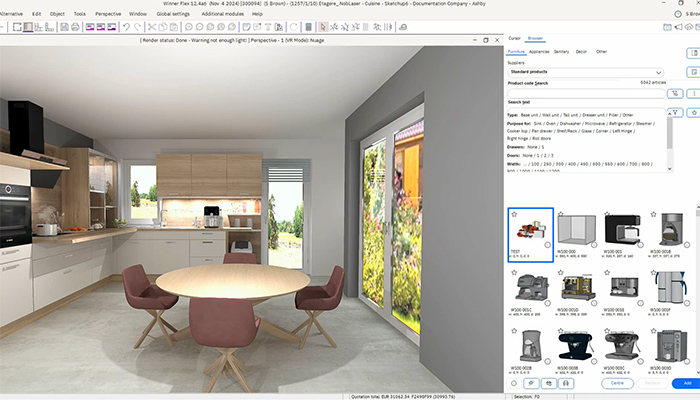
Tags: insight, features, cyncly, alex ainge, personalisation, kitchens, bathrooms




